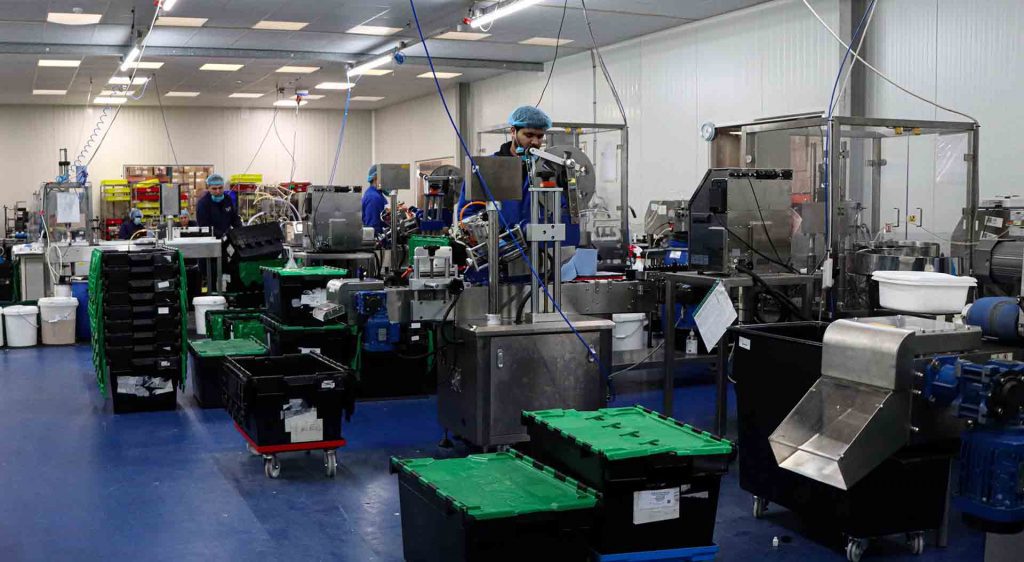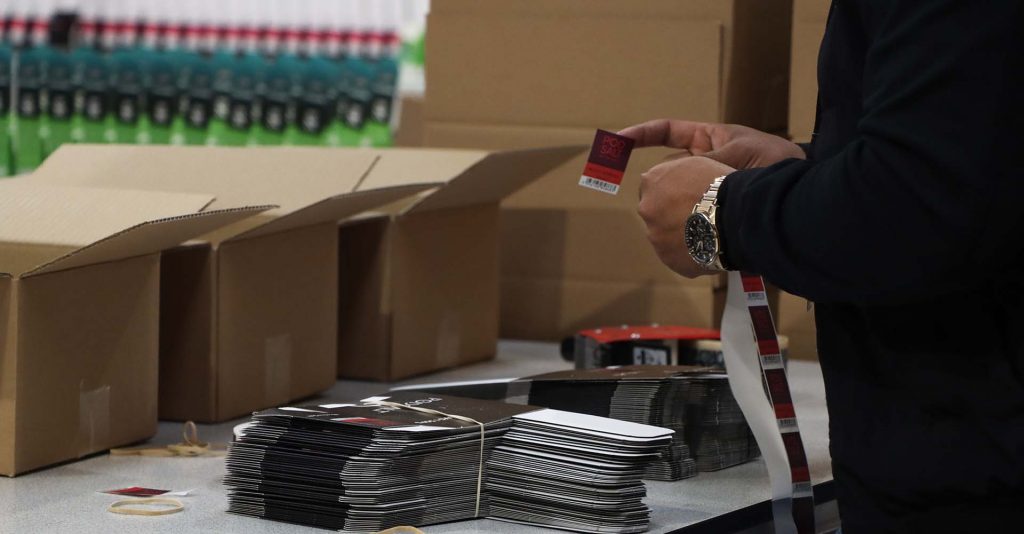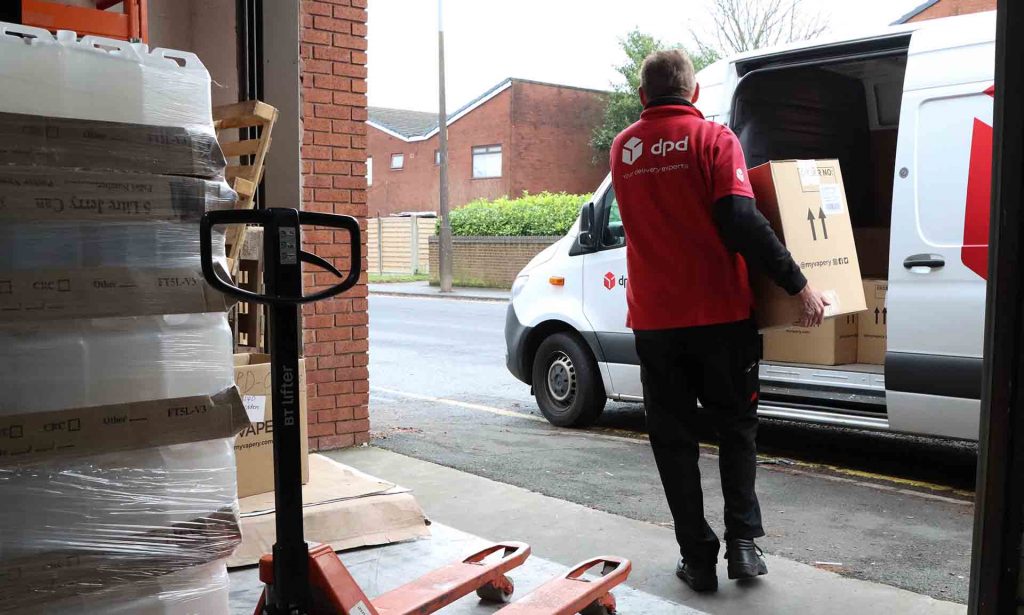Some of our most valuable team members often work behind the scenes. With so many moving components and teams at play, maintaining organisation is key. Although our work is the result of many diligent teams, there is one who helps to co-ordinate between them – the Production Scheduler.
We sat down with our Production Scheduler to find out what a day in her life was like, and who might want to consider becoming a Production Scheduler.
The Production Scheduler Role
“The production scheduler role is similar to conducting an orchestra. You’re responsible for ensuring that all the players and instruments come together to make the final symphony. The role requires working with a lot of people and getting involved with almost every part of the business. It’s challenging but satisfying to co-ordinate behind-the-scenes and see everything come together.”
Munira Patel, Production Scheduler, Xyfil.
As a Production Scheduler, my role includes much of the production and organisation of production elements to ensure customer orders are fulfilled in a timely manner. It requires strong flexibility to deal with problems, and work around them without issue. As with anything in life, things don’t always go smoothly when there are problems like machine malfunctions or personnel on sick leave. Being able to catch these issues early and adapt just becomes second nature. There’s never a dull moment!

How does the day-to-day for a Production Scheduler, look?
A typical day begins with a daily meeting with all production teams involved to understand any issues, challenges and forward planning for the day ahead. This could be delivery deadlines, staff shortages, or issues with machinery, all will be addressed first thing. Everyone has a voice in the production team and it’s this time of day especially, that their issues are worked around. No one wants a customer’s product to be delayed so we work hard to put measures in place from this meeting.
After this, the day truly begins and this can really vary on the day-to-day due to the nature of the role. The first task after the daily meeting and establishing any potential issues is dealing with them. So, the start of my day could be amending work schedules, communicating with procurement and logistics teams to resolve or firm up delayed deliveries, and liaising with technicians for fixing machinery. Whatever the issue, it’s important that I’m able to be proactive, adaptable, and responsive.
The second part of my day revolves around loading and planning orders. When customers provide us with information about upcoming launches beforehand, it allows me and our operations teams to create capacity and order components. This includes ingredients, bottles etc, before they’re needed means we’re more likely to be able to provide the product when customers need it. This can also include liaising with our customers and procurement teams to negotiate timelines and staffing levels.
As the day begins to draw to a close, it’s important to assess the day’s production and identify any issues that may have arisen during the day. Talking with production team members helps to stay updated on the state of production. All of which means that I can start pre-planning for the next day. It’s a cycle of consolidation, action, and planning, on repeat that helps to ensure we continue to produce products each day and efficiently use all our capacity.

What makes the Production Scheduler role so important?
Production is the conceptualisation of a customer’s product that’s been imagined by the customer and passed through R&D and design teams. Months of work have already happened before we get the production order. As the Production Scheduler, my role is to ensure the transition from concept to reality is as smooth as possible from receiving the product order to producing, packing and sending it out of our doors.
On any given day I could be managing between 700-1000 dependencies that require some form of forethought or action, to ensure those products pass through our lines and departments, to schedule. In the operations team, we put the puzzle pieces together to create the complete picture and realise exactly with the customer wants. And I am here to oversee and organise those puzzle pieces so that they fit correctly.
It’s this, that really makes being a Production Scheduler a rewarding role. Seeing the plan come together as products leave the facility, knowing that the hard work of multiple teams helped to deliver this product to shelves. Even for those products that may have had roadblocks along the way; getting these out on time despite the problems offers a great feeling of satisfaction.

Looking to become a Production Scheduler?
Those looking to become a Production Scheduler must be adaptable and work well under pressure. It’s not just managing those in production, but also managing customer relationships, and liaising with internal and external departments. As a Production Scheduler, you are the hub of communication and information. There will be challenges and changes, so being a perfectionist won’t work, being someone who is flexible with the ability to think proactively is key.
If you have an analytical mind there’s a good chance you would enjoy this fast-paced, ever-changing role. Apply with us today to join Xyfil as a Production Scheduler.

